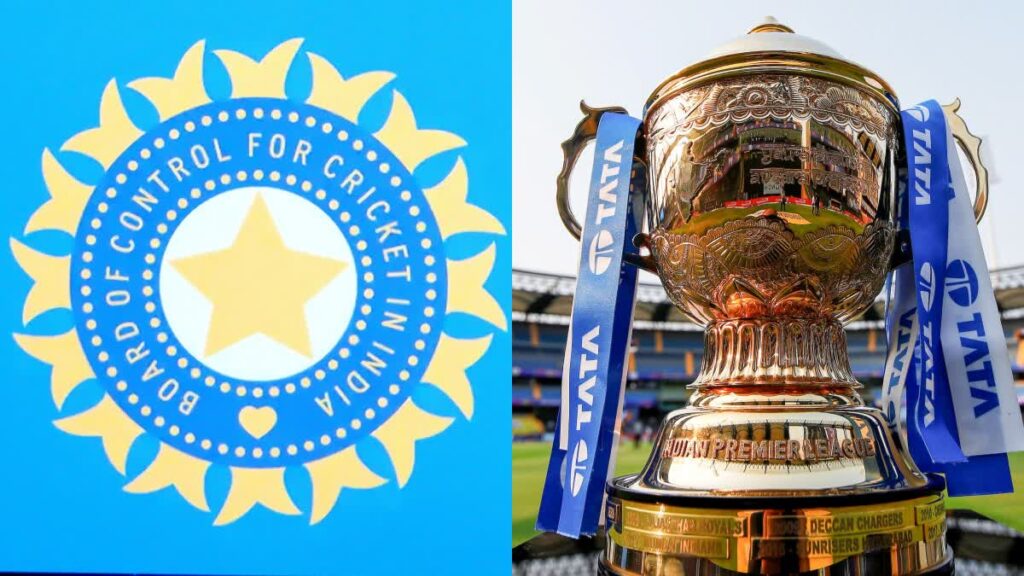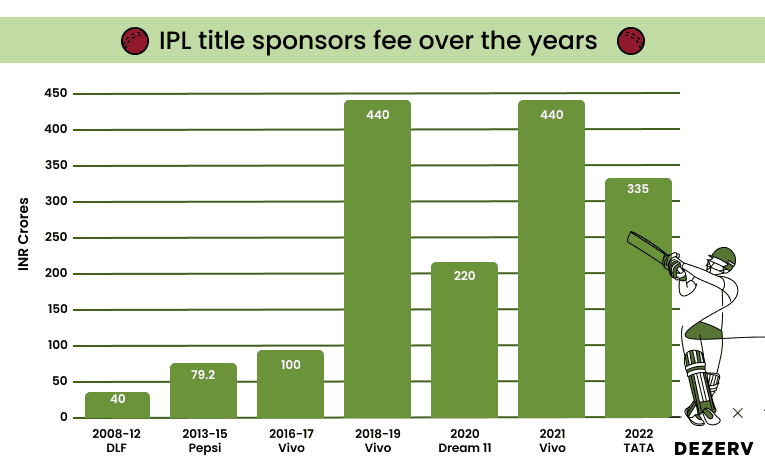The BCCI (Board of Control for Cricket in India) organized the IPL (Indian Premier League) for several key reasons:

1. Promote Domestic Talent
- The IPL gives Indian domestic players a big platform to showcase their skills alongside international stars.
- It helps bridge the gap between domestic and international cricket.
2. Capitalize on Cricket’s Popularity
- Cricket is hugely popular in India. The BCCI saw an opportunity to create a high-profile, franchise-based T20 league to monetize that popularity.
3. Financial Growth
- The IPL has become one of the richest sports leagues in the world.
- It generates massive revenue through broadcasting rights, sponsorships, ticket sales, and merchandise.
4. T20 Format Boom
- After India won the inaugural T20 World Cup in 2007, the format exploded in popularity.
- The BCCI capitalized on this momentum by launching the IPL in 2008.
5. Respond to ICL
- The Indian Cricket League (ICL), a private T20 league, was gaining attention around the same time.
- The BCCI, not recognizing the ICL, launched the IPL as an official alternative with ICC backing.
6. Globalize Indian Cricket
- The IPL attracts international players and audiences, helping to globalize Indian cricket and expand its fan base.

In short, the IPL was BCCI’s strategic move to blend cricket, entertainment, and business, while strengthening India’s position as a powerhouse in world cricket.



